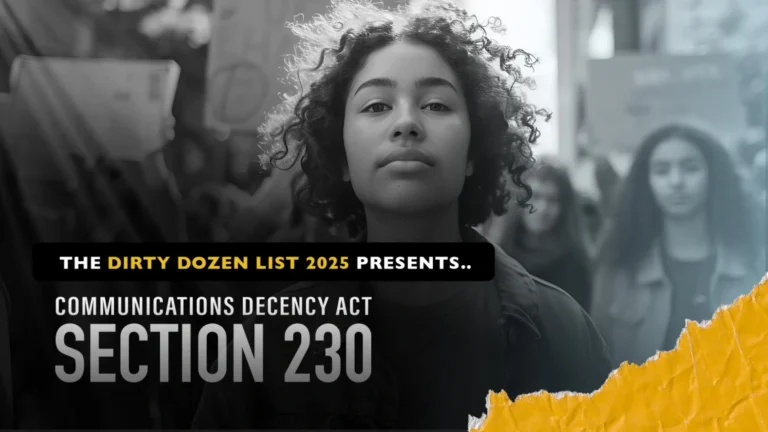Auditors in Mississippi found that school-issued laptops and tablets aren’t just being used for homework. They’re being used to access pornography.
Do the schools have some responsibility?
The Children’s Internet Protection Act is a law that mandates that schools and libraries must have filters in place if they opt-in to receive specific e-rate federal funding. This law was confirmed as constitutional by the U.S. Supreme Court in 2003.
Learn more about the Mississippi audit below:
Emily Wagster Pettus, Associated Press
A review by the Mississippi auditor’s office found pornography and other explicit material on computers that some public schools issued to middle school and high school students.
In a report issued Tuesday, Auditor Stacey Pickering recommended that the state Department of Education require all school districts to monitor school-issued laptops or tablets when the electronic devices are off campus.
The auditor’s office reviewed 150 devices issued to students in nine of the 144 school districts. The report did not name the districts, schools or students that were part of the review. The devices were randomly selected.
All nine districts take steps to filter what students might see on the devices, but not all are completely following their own policies, the report said.
It said 20 percent of the devices contained explicit material.
[The same study showed 86 percent of devices issued to middle school students contained inappropriate material.]
Pickering said the material did not appear to be from mistakes — for example, from someone researching breast cancer and ending up on an explicit website. He said the devices showed “extensive searches” of pornography or other explicit material such as information about how to cure a sexually transmitted disease.
“We have no way of knowing, when they took that laptop home, if it was mama, if it was daddy, if it was older brother, sister, uncle, aunt or that student,” Pickering said. “But we have a good reason to believe, based on the searches and the timing and how the searches were conducted — most of it was conducted by the students.”
Pickering said the audit was to see if schools are complying with the Children’s Internet Protection Act, a federal law enacted in 2000 with the goal of curbing children’s access to obscene or harmful material online. He said no criminal charges will be filed.
You can learn more and get involved in keeping your schools and libraries safe from pornography by visiting SafeSchoolsSafeLibraries.com.


